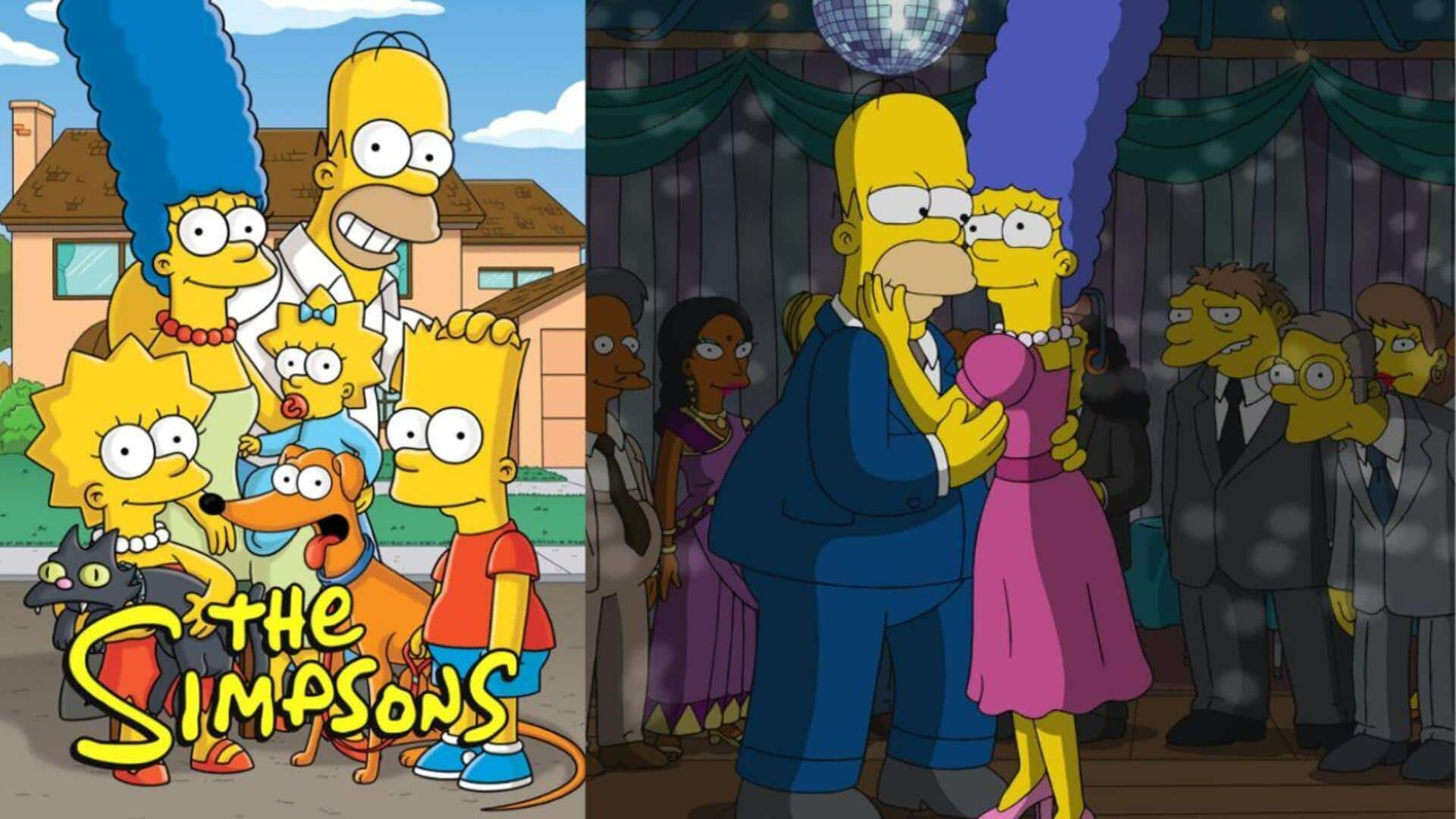
Think you know 'Simpsons'? 5 shocking facts that prove otherwise
What's the story
The Simpsons, an iconic animated series, has been a staple of television for over three decades. The show is known for its satirical take on American culture and society. While many are familiar with its humor and characters, there are some lesser-known facts about the series that may surprise even the most avid fans. Here are five surprising insights into this beloved show.
#1
Origin of the show's name
The name The Simpsons was inspired by creator Matt Groening's own family. He chose the surname Simpson because it was a common American name. He gave each character in the family a name starting with "B" for Bart, "L" for Lisa, "M" for Marge, "H" for Homer, and Maggie. This creative choice resulted in a memorable title that has become synonymous with animation.
#2
Longest-running American sitcom
The Simpsons holds the record as the longest-running American sitcom. It first premiered on December 17, 1989, and has since aired more than 700 episodes over 32 seasons. This milestone highlights its enduring popularity and cultural impact over the years.
#3
Voice actor versatility
Voice actor Harry Shearer lends his voice to many characters on the show, including Mr. Burns, Ned Flanders, Principal Skinner, and more. He is one of the few actors who voice multiple main characters in one series, showcasing their versatility and talent.
#4
Cultural references galore
The Simpsons is famous for its cultural references, be it movies, music, or literature. The writers often use these references to add depth to the storylines and humor. This not only entertains but also makes viewers think about the original works. The references are cleverly woven into episodes, making them a hallmark of the show's unique style and appeal.
#5
Predictive nature of episodes
Over time, fans have noticed that some episodes of The Simpsons seem to predict future events with uncanny accuracy. From technological advancements to outcomes, the show has made several predictions that have come true years later. This phenomenon has sparked discussions about coincidence versus creative foresight among viewers and critics alike.